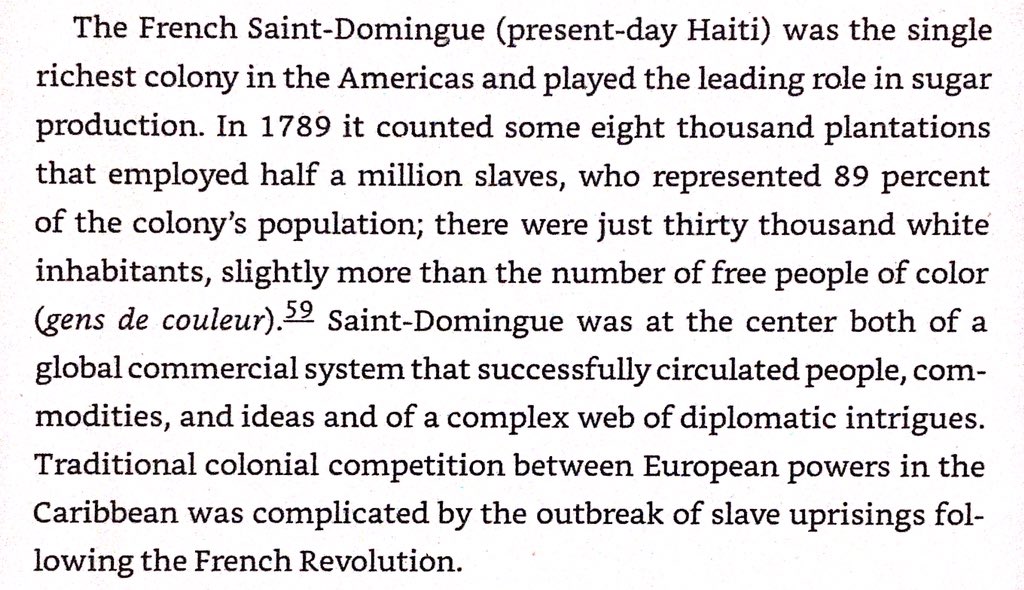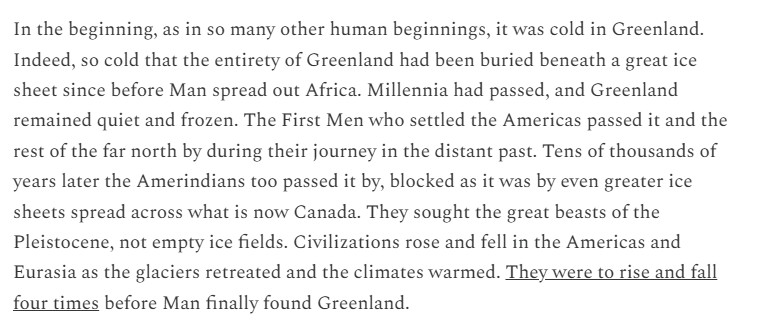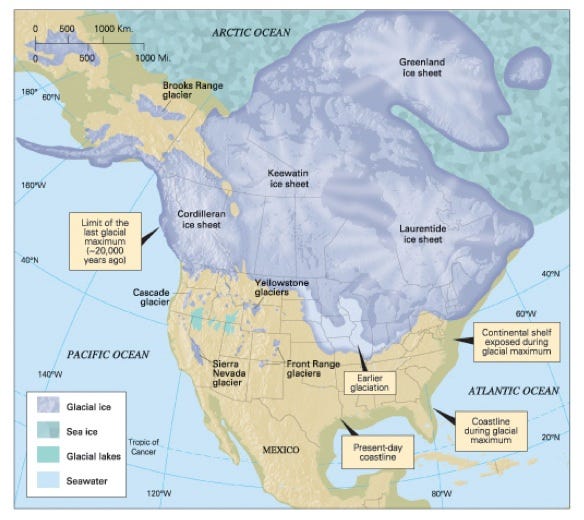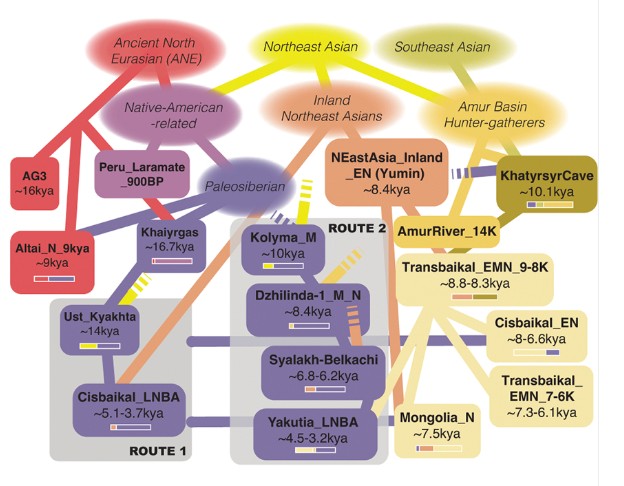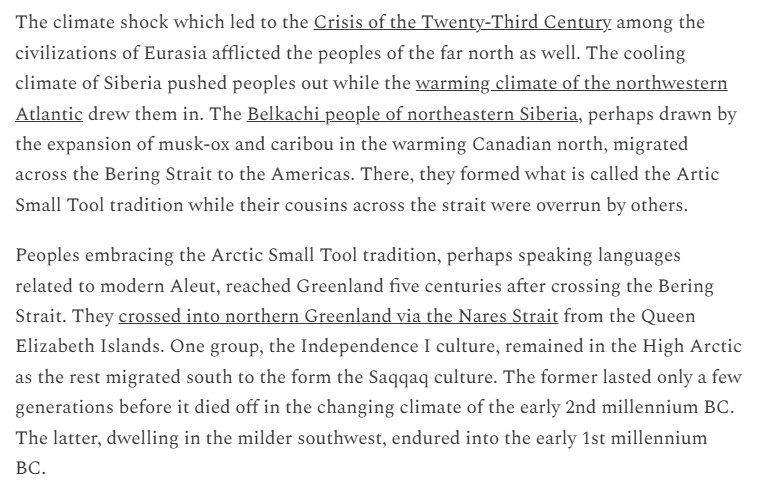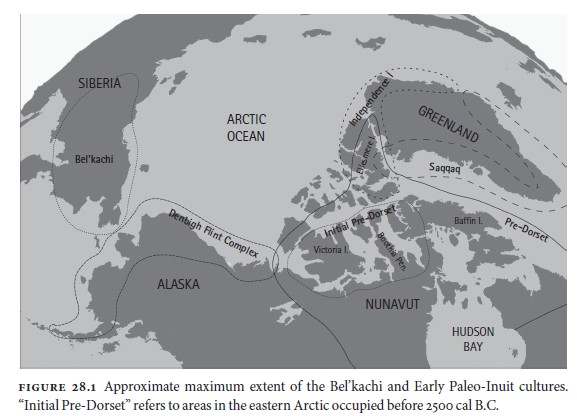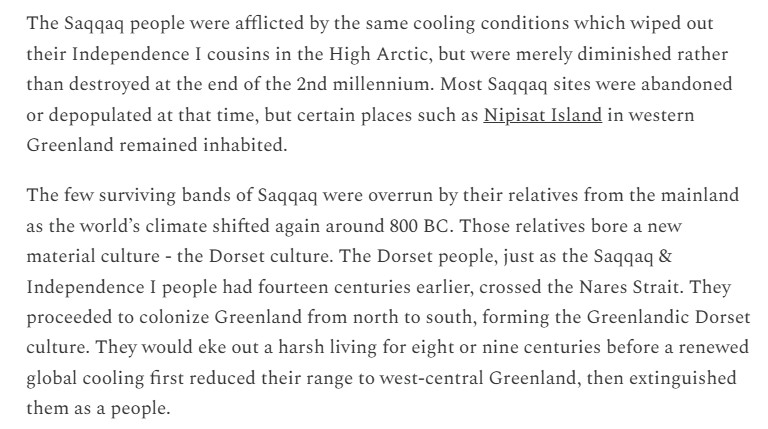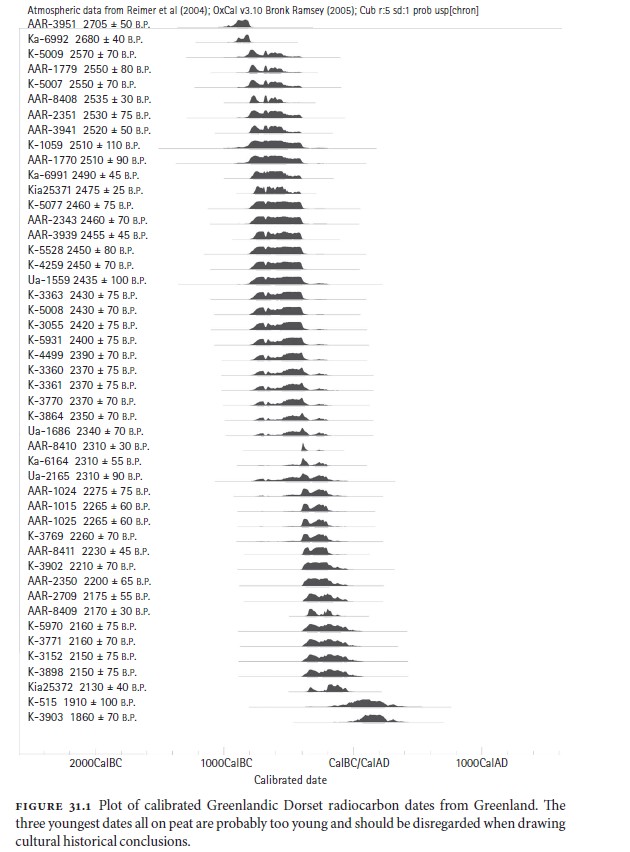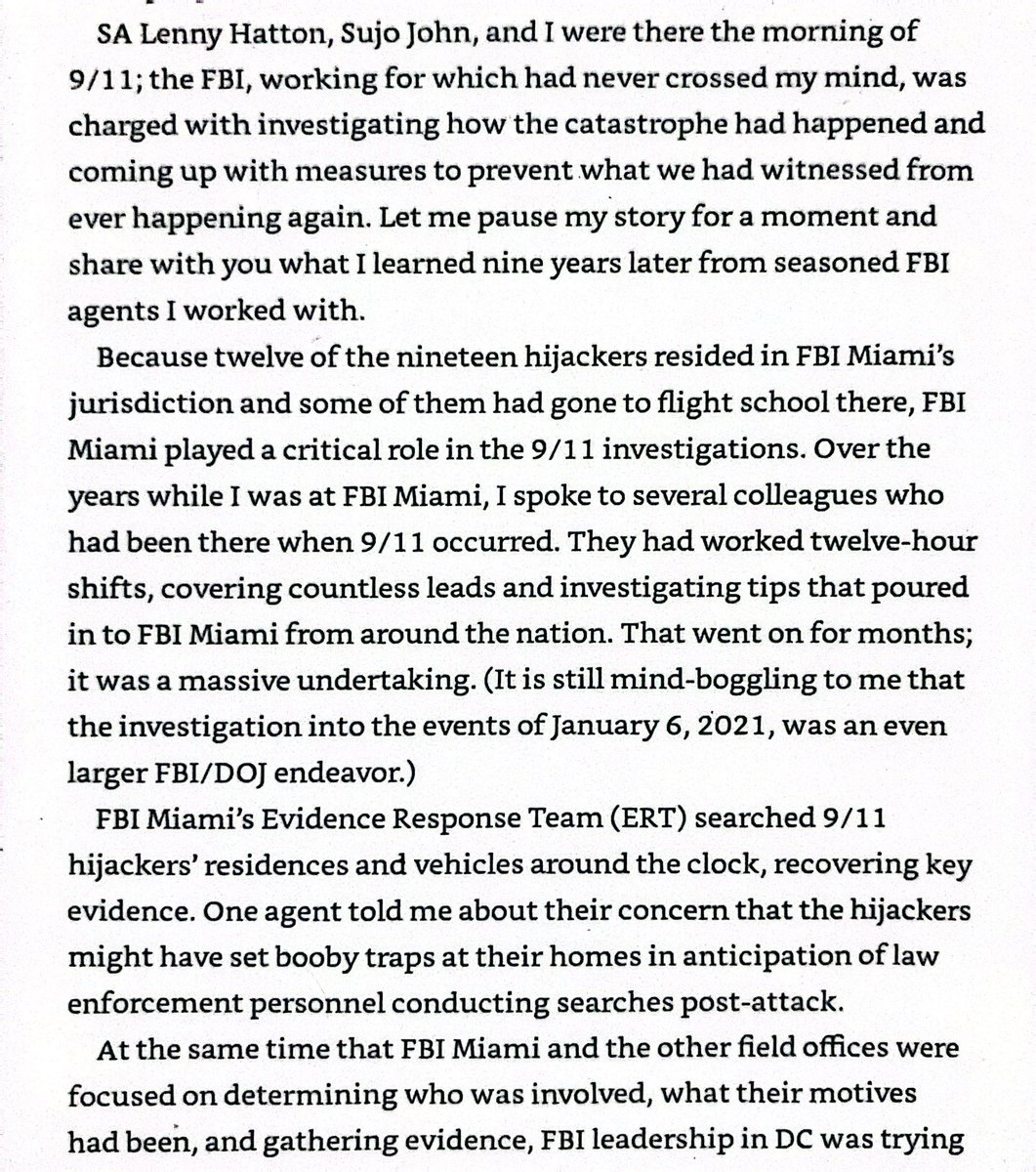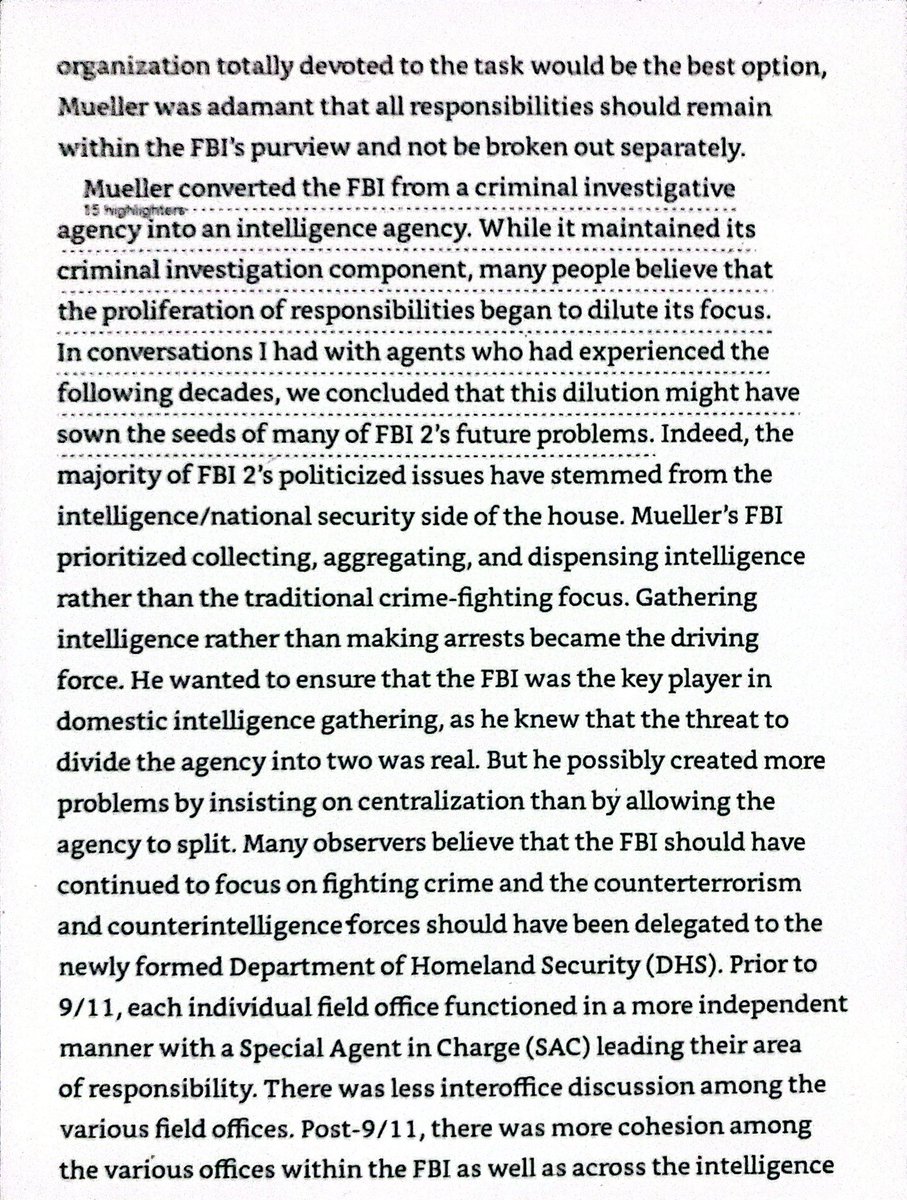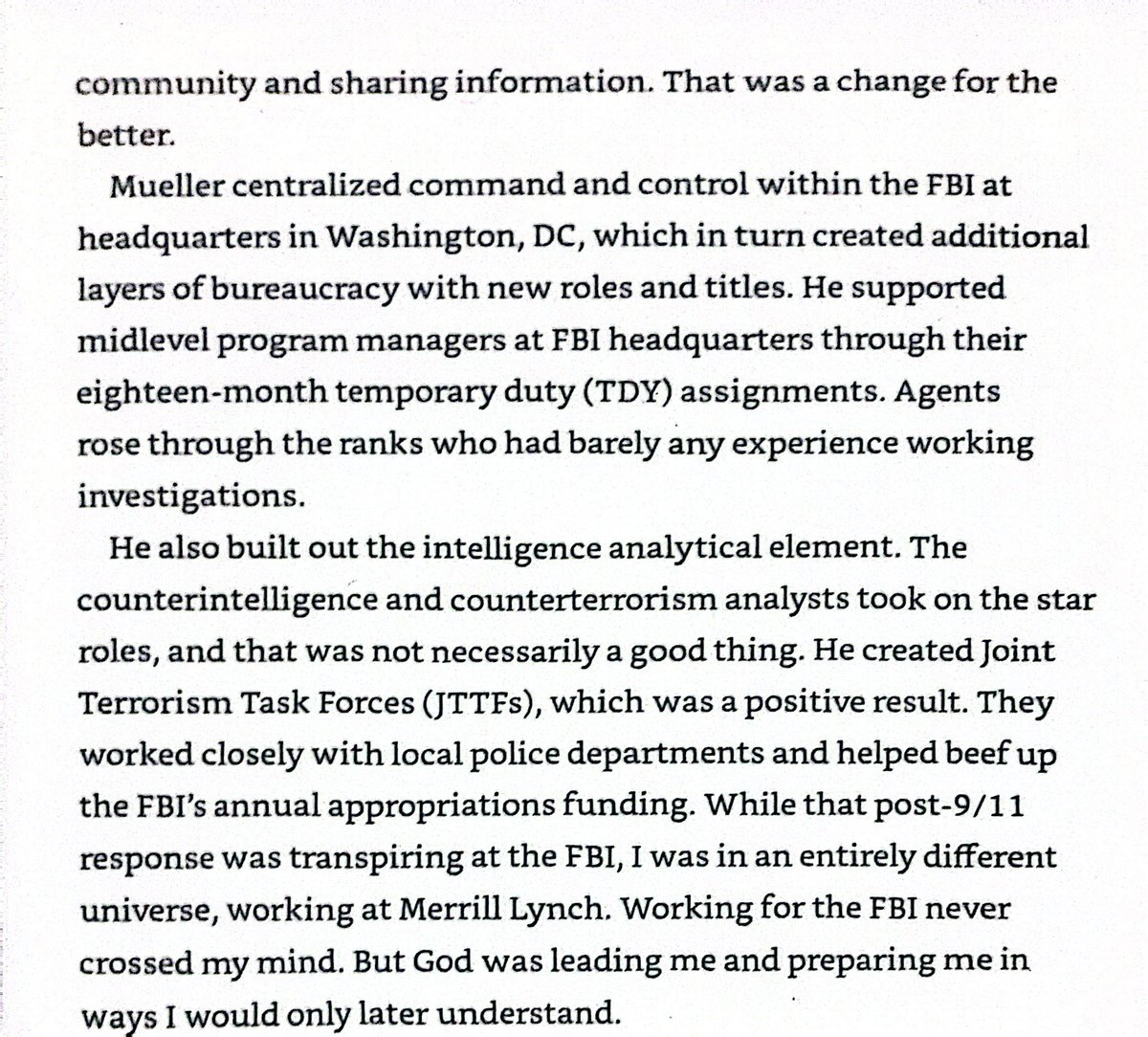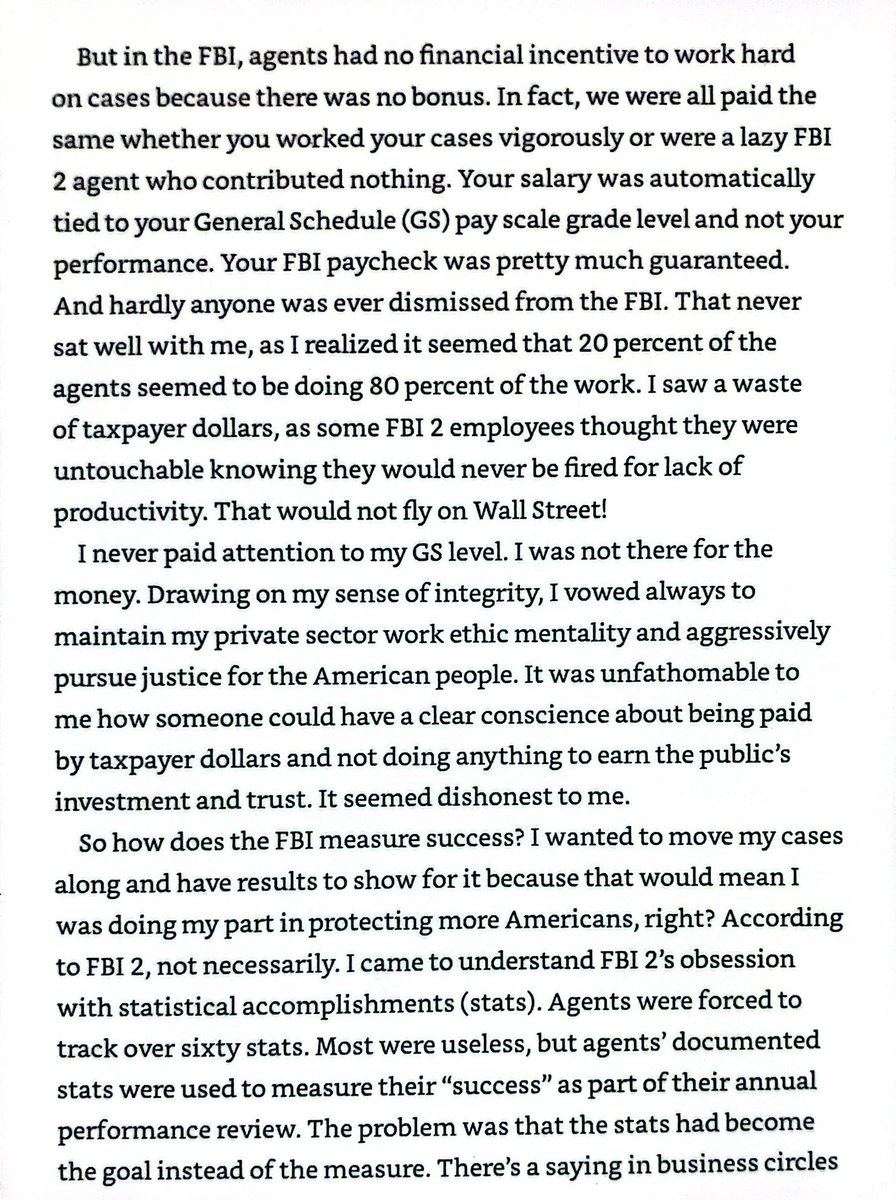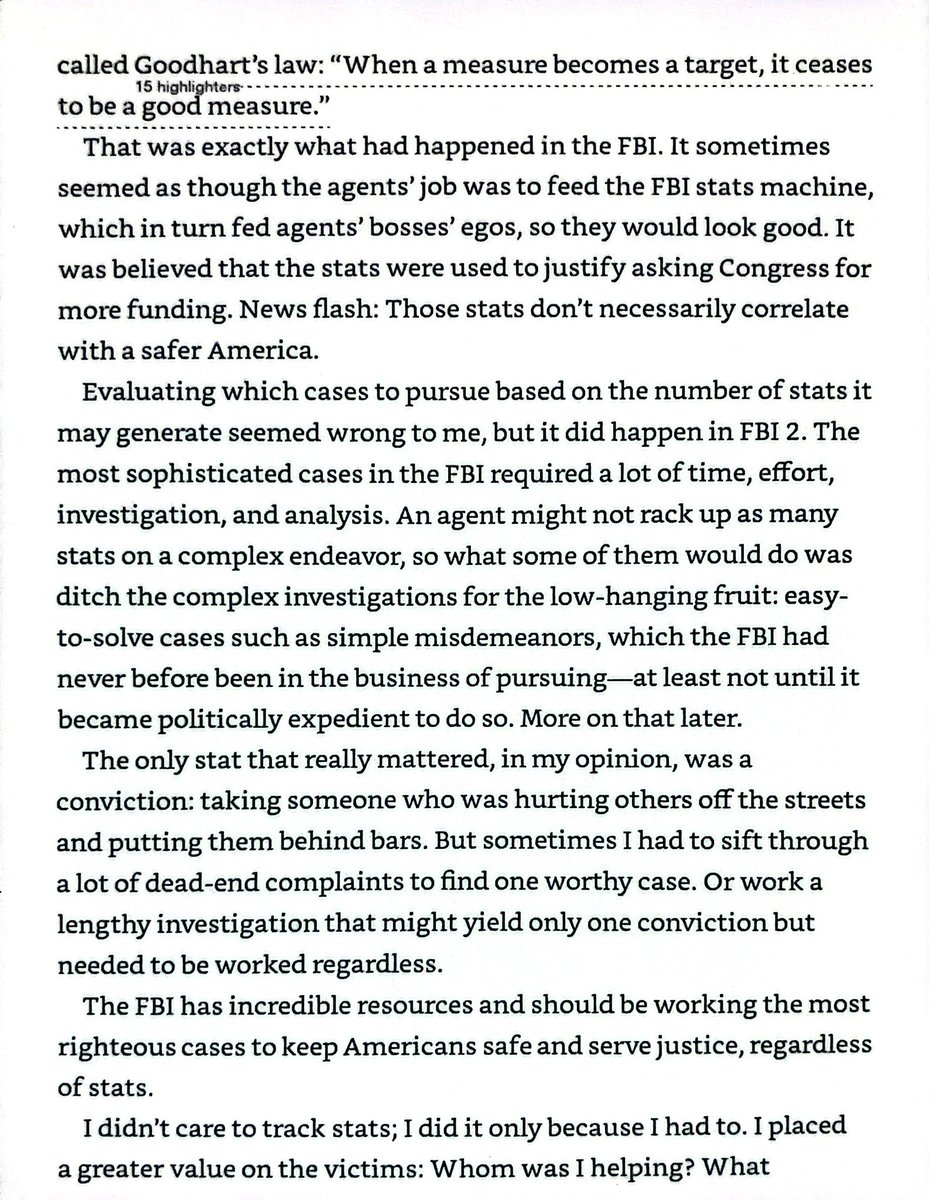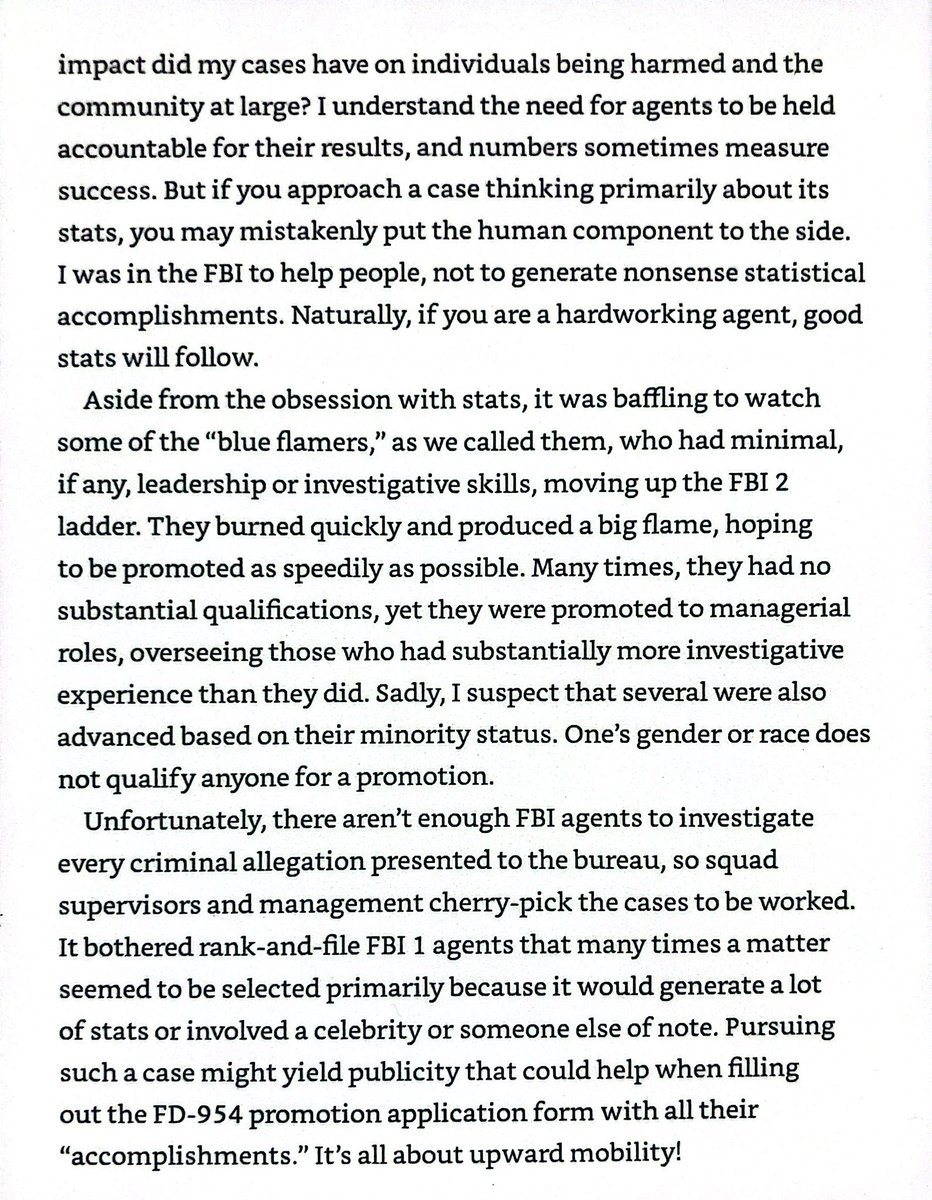🇪🇸 restrictions on currency exports, 🇬🇧 successes in undercutting 🇫🇷 industry after mutual tariff reductions, & government monopolies struggling with domestic black market all hurt 🇫🇷 finances & stability. Persecution of black marketers caused vast majority of 🇫🇷 tax rebellions. 







🇫🇷 massive debts were financed at twice the interest rate of 🇳🇱 & 🇬🇧 due to history of defaults & tax collection issues. 🇫🇷 was unable to reform tax collection due to opposition of guilds, nobility, clergy, estates, & municipalities governing areas on old laws & customs. 







Bourgeois Dutch Patriots faction was pro-French & overran most of Netherlands in their conflict with the increasingly authoritarian stadtholder’s faction, the Orangists. In 1787 Prussia intervened on Orangist side & restored Stadtholder, who aligned himself with Prussia & 🇬🇧. 



French revolutionaries were messianic & reached out to sympathizers across Europe using French embassies. 

🇬🇧 conquered much of 🇫🇷 Caribbean in 1794, but lost their gains quickly & faced numerous slave revolts. Jacobins in 🇭🇹 freed the slaves & defeated 🇬🇧. Louverture joined fight against 🇬🇧, then formed his own base & defeated mulatos & 🇫🇷. He was almost as repressive as 🇫🇷 slavery. 







🇫🇷 had expanded to include much of 🇮🇹🇳🇱🇧🇪🇨🇭 & W 🇩🇪 in the War of 1st Coalition 1792-1797. 🇵🇹🇷🇺🇹🇷🇬🇧🇦🇹 & Naples (southern 🇮🇹) declared War of 2nd Coalition & retook most lost territory in 1799. 




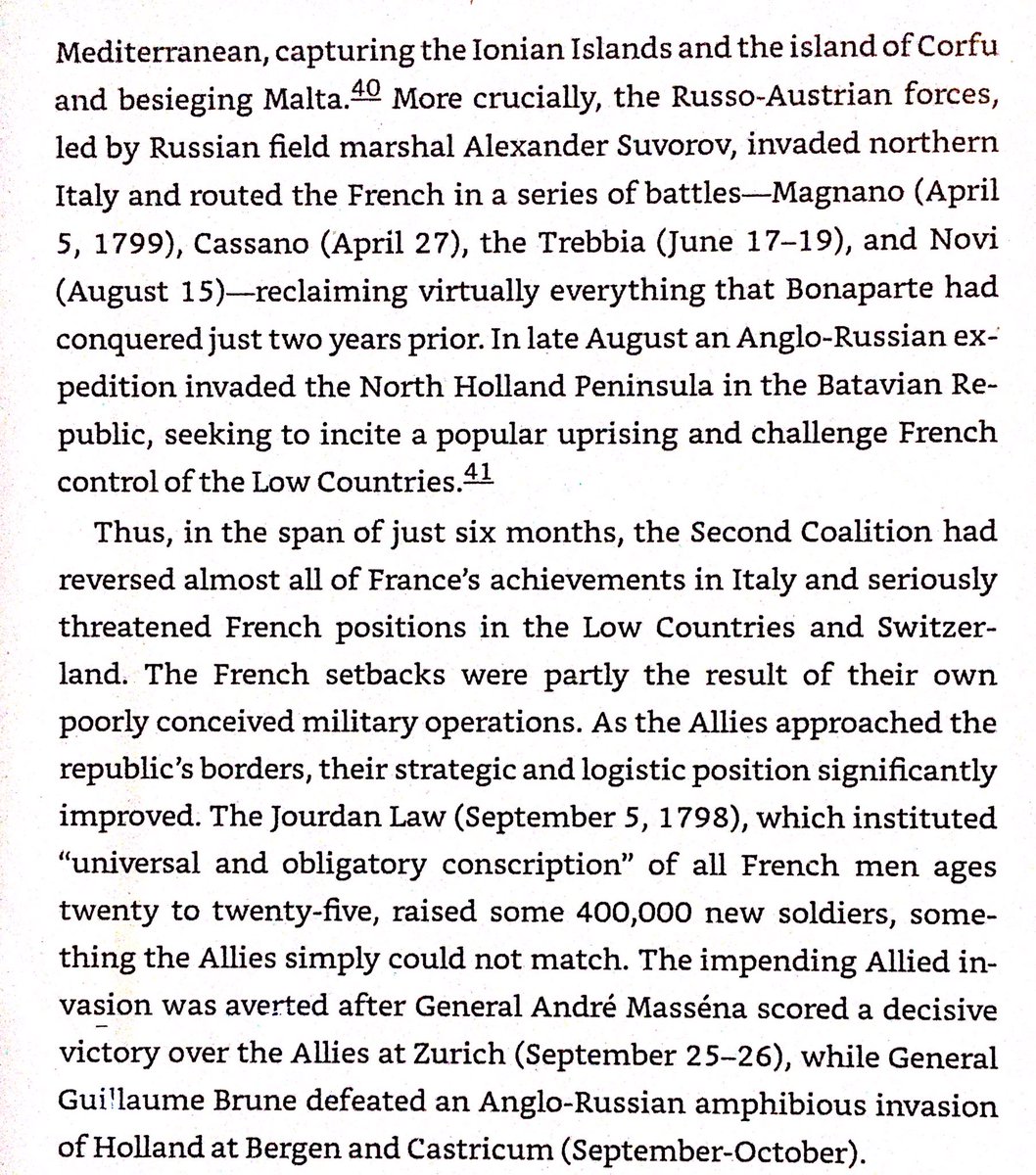
1783 🇬🇪 Kingdom of Kartli-Kakheti fell under 🇷🇺 protection, before being abandoned in 1787 & raided by 🇮🇷 in 1795. 1799 🇬🇪 king asked 🇷🇺 to annex 🇬🇪 while preserving his crown. In 1800 🇷🇺 annexed 🇬🇪 & turned it into a province, abolishing the crown. 







Regular rebellions, a crime wave, & inflation hurt the French Directory badly. There were 6 conspiracies to topple the Directory, & hero of Egyptian campaign Napoleon joined one. Conspirators imagined he would be easily controllable. 



Napoleon quickly stabilized France, replacing elected officials with appointed bureaucrats, open ballot rigged plebiscites to legitimize his rule, censoring the press, use of secret police, & mass arrests of the left & right opposition. 







Napoleon created Bank of France to control inflation, expanded education to all children, & created comprehensive law code that consolidated policies of the Revolution. Code emphasized property rights, secularism, legal equality, patriarchy, & abolition of manorial privileges. 



Pavel I was leading Russia into an alliance with Napoleon’s France prior to his assassination in 1801. Aleksandr I immediately backed out of this, lifting the embargo on Britain, recalling the Cossacks on their way to conquer India, & dissolving League of Armed Neutrality. 

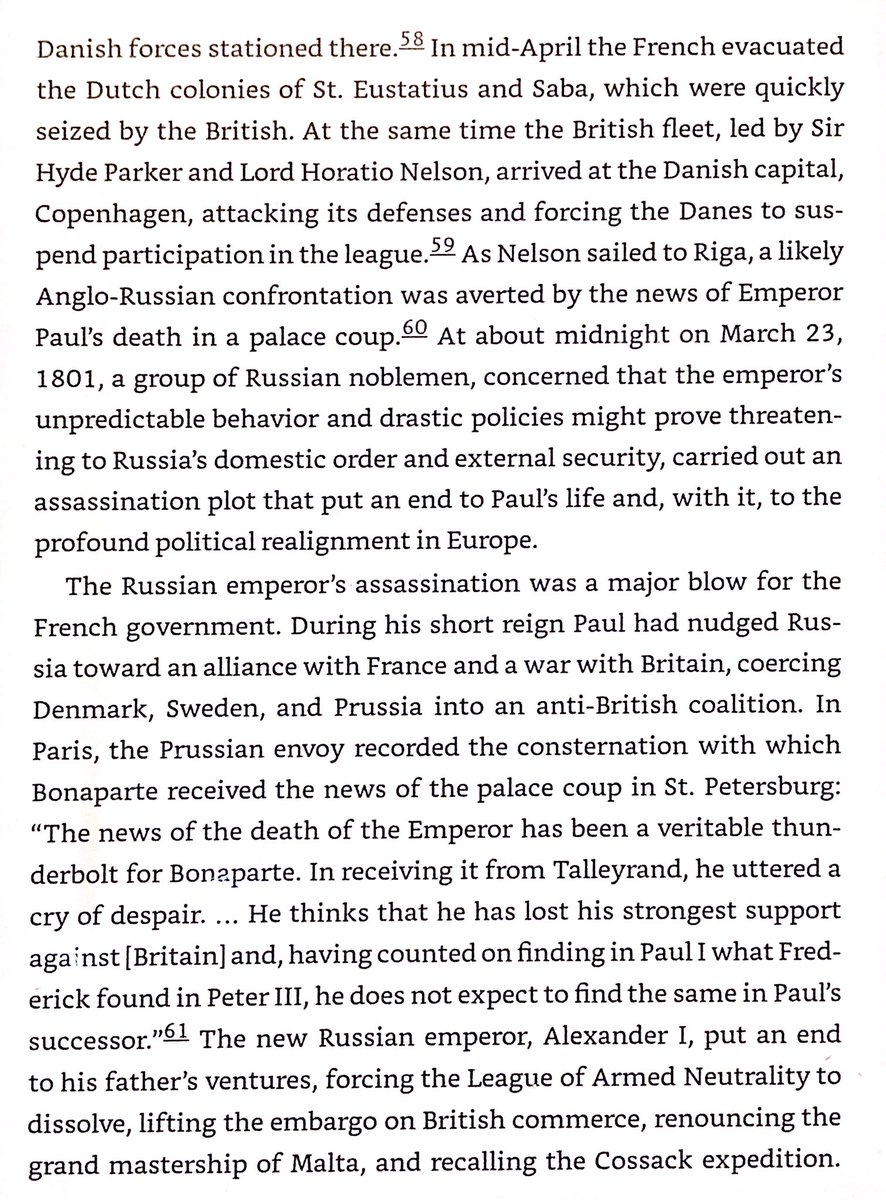

1802 France started naval buildup, gained favored trading status with Ottomans, & pursued protectionist measures so successfully that British exports fell 15%. Britain worried about her declining influence in Mediterranean with loss of naval bases & France’s new naval bases. 







Britain declared war on France in May 1803. Antiwar sentiment grew throughout the war. Government preferred to conscript Catholics in Scotland & Ireland for the war - they didn’t want to bleed the Protestant communities. 



Napoleon was aware that French industry & trade had been losing ground to Britain in 2nd half of 18th century. He & French leaders needed an expansionist foreign policy for access to both raw materials & markets. 



With Vienna occupied, Napoleon’s victory at Austerlitz over Russia & Austria led to Austria’s surrender. The Russians were shocked by the defeat, but in time it would only strengthen their resolve. 

Napoleon created his Continental System to deny Britain access to European markets in hope of causing an economic & political collapse, to foster economic development & trade within Europe, & to consolidate French hegemony in Europe. 







Continental System never completely excluded Britain from European trade. France sought a favorable balance of trade to drain Britain of specie. They were partly successful, cutting Bank of England’s bullion holdings by 68% 1808-1814. 



Europe was 40% of Britain’s export market, so the Continental System hurt their economy greatly - 1811-1812 in particular. They were able to make up some of their losses with Latin American trade. 







Smuggling undercut Continental System, cutting French customs revenues 76% 1806-1809. Port towns depopulated from economic collapse, & industries reliant on imported materials disappeared. 







The limited Spanish, Portuguese, Italian, & N German industries were devastated by Continental System. They didn’t recover until 1835. Some industries in the interior of Europe were successful, including those of the Rhine, which would later become a major industrial region. 





3 factions in Spanish Cortes - liberals, realists (conservative monarchists), & Americans (from Peru, Mexico, etc). Liberals won, writing a liberal centralizing constitution. The non-black residents of the Spanish American colonies were made equal in representation & taxation. 







2 million men were conscripted into the Grande Armee 1803-1815, including 100k from Rhine, 216k from Belgium, 200k from Italy, & 90k Poles. This usually amounted to 1-2% of population being in military. 



French occupation of Germany drove growth of German nationalism, as well as egalitarian & martial reforms within Prussia. 







Successful counterinsurgency in Calabria - after French mistakenly released insurgents & cut patrols, insurgency grew rapidly. French realized importance of local communities in resupplying insurgents, & ended insurgency by killing peasants who left their villages. 





1809 the Poles invaded Austria’s Galicia in War of 5th Coalition - occupying it & declaring the liberation of Poles until the Russians arrived. Part of the region was given to Polish Duchy of Warsaw in the peace treaty, while Ternopol was given to Russia. 







Ottomans sent troops to reoccupy Egypt in 1803. Albanian troops mutinied, & picked Mehmet Ali as their leader. Over next 8 years he skillfully outmaneuvered his British, Mamluk, & Ottoman rivals; founding a dynasty that would rule Egypt until 1953. 







🇬🇧 subsided 🇮🇷 war against 🇷🇺 March 1812. 🇮🇷 attacked 🇷🇺 with help of 🇬🇪 rebels. After 🇫🇷 invaded 🇷🇺 in June, 🇬🇧 tried but failed to stop the 🇮🇷 war. 🇷🇺 won war anyways. All N & most E Caucasus, 🇮🇷 trade, & Caspian Sea were taken by 🇷🇺. 🇷🇺 won right to approve future 🇮🇷 shahs. 







Finnish nobility (mostly ethnic Swedes) was unhappy with Swedish absolutism, & conspired to join Russia as an autonomous Grand Duchy answerable only to Tsar. Not wanting a continued guerrilla war, Tsar Aleksandr agreed & made the noblemen’s leader Sprengtporten the governor of 🇫🇮 







British invasions of Argentina 1806-1807 were defeated by popular forces. With Argentines of all classes armed & organized, Spanish were never again able to restore the kind of authority they used to have before, eventually leading to Argentinian independence. 







Author argues that British E India Company conquered India due to naval supremacy, better finance from industrialization, & the fragmented political landscape. War technology was not too different - Punjab, Mysore, & the Marathas all had modern & capable militaries. 







British & Russian sea raids on ill-prepared Japan led to Japanese reforming their administration, training English & Russian interpreters, & developing better communications. 







thread on Japan’s situation from a Russian perspective a few years after these raids:
https://twitter.com/Rjrasva/status/1273056528086568960
Trinh family ruled north Vietnam, Nguyen family ruled south. Nguyens conquered Trinhs with French help by 1802 & united Vietnam. 1808 the British attacked the Vietnamese, worried about their navy & alliance with France. Vietnamese repelled the British attack successfully. 



Spanish America had 14 million people in Napoleon’s time - 3.2 million criollos (whites, many with Amerindian ancestry), 2 million mixed (mulatos, mestizos, zambos, etc), 8 million Amerindians, & 1 million blacks. All were ruled by 30,000 peninsulares - Spaniards born in Spain. 



• • •
Missing some Tweet in this thread? You can try to
force a refresh



